The honor of a Hanoi capitalist
Immediately after the Viet Minh took power in Hanoi, Mr. Nguyen Luong Bang (later Vice President ) raised the issue with Mr. Trinh Van Bo and Ms. Hoang Thi Minh Ho: "Your family is the safest place, the support in all aspects of the organization. Please allow us to move our superior agency here."
As the richest capitalist in Hanoi at that time, Mr. Trinh Van Bo and his wife were very sympathetic to the revolution, always actively helping many Party cadres in previous years, so they happily agreed. After that, Mr. Vu Dinh Huynh welcomed Uncle Ho to the Trinh family's house at 48 Hang Ngang (Hanoi) on August 26, 1945. The address 48 Hang Ngang is a stately house on a bustling commercial street in Hanoi, always bustling with people coming and going, making it difficult to distinguish between strangers and regular guests. The house has an area of about 500m2, following French architecture with 4 floors. In particular, the house has two fronts facing Hang Ngang Street and No. 35 Hang Can Street, very convenient for security work.
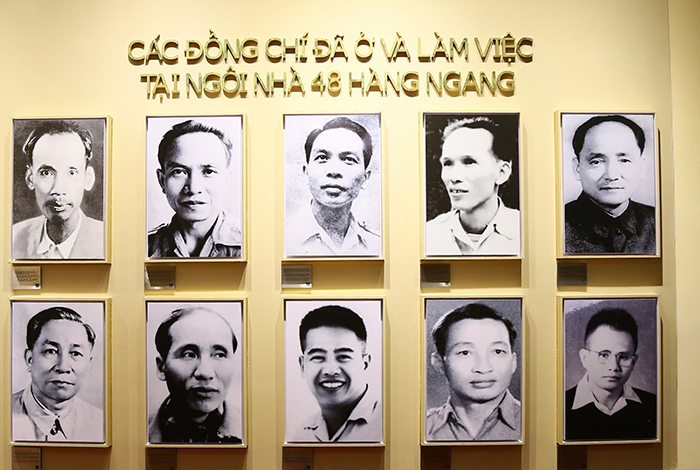
The first floor of the house used to be the Phuc Loi silk shop, the busiest in Hanoi at that time. The owner renovated the house from two floors in the old style into a four-story house, with a back door leading to Hang Can street, so that one could easily leave the house if something unexpected happened. The bottom floor was a fabric and silk shop named Phuc Loi (named after Mr. Trinh Phuc Loi, the father of Mr. Trinh Van Bo). The second and third floors had many rooms.
In his memoirs, General Secretary Truong Chinh wrote: "As soon as he arrived at 48 Hang Ngang, Uncle Ho immediately convened a meeting of the Standing Committee. This was the first expanded meeting chaired by Uncle Ho in Hanoi. During the meeting, he agreed with the Standing Committee's policy on domestic and foreign affairs in the new situation, on expanding the composition of the provisional government and announcing the list of government members early. Uncle Ho said: "You guys are right in expanding the government, but not enough, it is still narrow-minded. Uncle Ho suggested: we must further expand the composition of the government, including representatives of all classes of people, patriotic parties and non-partisan dignitaries; we must draft the Declaration of Independence and organize a large rally in Hanoi for the provisional government to introduce itself to the people; the day of the government's introduction is also the day Vietnam officially proclaims its right to independence and establishes a democratic republic."
In order to implement the above policy, Mr. Truong Chinh, Mr. Nguyen Luong Bang and many Viet Minh cadres in the National Liberation Committee asked to withdraw to give way to those who were not Viet Minh, who were patriotic intellectuals from other parties or neutrals, to participate in the provisional government. Recalling this event, Mr. Nguyen Luong Bang wrote: "It was Uncle Ho who reminded us that when we make a national liberation revolution, we only know how to use our strength to serve the people, not that when the revolution is successful, we take all the positions in the government, so we leave them to others."
During the days when President Ho Chi Minh stayed at the house at 48 Hang Ngang, Mrs. Trinh Van Bo always went into the kitchen to cook and serve. "I cooked the porridge myself and did not ask the family to cook. The bowl of porridge I cooked myself was selected from new fragrant rice grains, chicken broth, fresh heart and liver squeezed to extract the water, and spices that have fever-treating properties. I put the bowl of porridge on an antique plate, placed it in a lacquer tray, covered it tightly and carried it upstairs. Although she did not know who the old man was, she told herself that she had to take responsibility for taking care of his meals so that he would have good health because he worked very late at night. Mr. Trinh Van Bo invited him to rest in a large room on the third floor, fully equipped, but Uncle only lay down on a folding cloth bed near the door to spend the night in this small room. At that time, for the servants in the house, the old man and the Central comrades were like relatives of the landlord and his wife. If anyone asked, everyone said: "You guys are from the countryside visiting"!
According to the assignment of the Standing Committee, Uncle Ho would draft the Declaration of Independence. The place to draft the Declaration of Independence was on the second floor of the historic house at 48 Hang Ngang. In the memory of General Vo Nguyen Giap, it was "a small, dimly lit room in a deep house, located in the middle of one of the thirty-six ancient streets of Hanoi. President Ho Chi Minh sat working, sometimes writing, sometimes typing. He had bright eyes, wore a silver-brown shirt that was often left open at the chest, sat on a white-clothed armchair, and often smoked cigarettes. The servants in the family did not know what he was doing. But every time they came to ask if he needed anything, he always turned back and smiled, saying there was nothing he needed help with. Then he chatted with them for a few sentences. After they left, at the round table he was absorbed in his work again...".
“Uncle Ho often exchanged ideas with us, read them to us, asked us to add or correct them... The ideas we contributed were accepted by Uncle Ho. His way of working was a great lesson that we will never forget... One morning, Uncle Ho and Mr. Nhan (Comrade Truong Chinh) called us together. The historic Declaration was finished, Uncle Ho read it to the group for approval. As Uncle Ho later said, those were his most refreshing moments.” – General Vo Nguyen Giap recalled in “Unforgettable Years”.
Adoption of the Declaration of Independence
On August 31, 1945, President Ho Chi Minh added a number of points to the draft Declaration of Independence and invited the Ministers of the Provisional Government to the Northern Government Office to approve the content. During his lifetime, Mr. Vu Dinh Hoe recalled the meeting to approve the content of the Declaration of Independence after President Ho Chi Minh drafted it:
“The ministers, most of whom returned to the capital from the Viet Bac resistance base, were invited to the Northern Government for a meeting. Some wore baggy European suits, while others wore new clothes that were “supported” by the people. Minister of Transport and Public Works Dao Trong Kim, a “street vendor” from Hanoi. Minister of Justice Vu Trong Khanh and Minister of Economy Nguyen Manh Ha came from Hai Phong. The youngest in the Government was Minister Cu Huy Can, a 26-year-old Canh Nong engineer who was already famous in the New Poetry movement, author of the collection Sacred Fire. The oldest was Mr. Nguyen Van To, 56 years old, still wearing a turban and ancient long dress. Only Dr. Pham Ngoc Thach, Minister of Health, was in Saigon and could not come back in time. After that, the Government appointed Dr. Hoang Tich Tri as Deputy Minister, representing the Minister to attend Government meetings and handle the work of the Ministry of Health.”
Most of the members of the Provisional Government's cabinet met President Ho Chi Minh for the first time, and went from surprise to joy when they learned that he was the famous revolutionary from more than 20 years ago with the name Nguyen Ai Quoc.
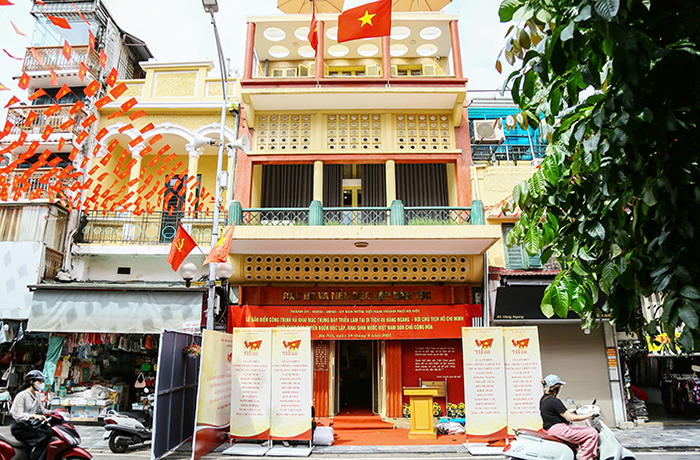
Mr. Vu Dinh Hoe recalled the first moment he met Uncle Ho. With a leisurely and friendly manner, Uncle Ho spoke: “Hello, Ministers. Wish you good health. I apologize, I am a bit late... Let's start working, shall we? Time is pressing, I propose that in early September, our Government will present itself to the nation and read the Declaration of Independence. I have prepared. Please submit the draft for your review. Please review carefully. Because we will read it not only for our compatriots to hear, but also for the French Government and the French people, and for the Allied countries to hear.”
After Uncle Ho's words, an office staff brought out the typed copies and placed them in front of each Minister. Each member of the Government attentively read each sentence, each word, and then thought... Minister Vu Dinh Hoe recalled: "Everyone found it so good, clear, solid, simple yet eloquent and strong, so they only added a few small ideas, changed a few words; then everyone signed their copies, as requested by the President"...
As for Mr. and Mrs. Trinh Van Bo's family, they were invited by the Government to attend the Declaration of Independence and the Government's introduction ceremony. Later, Mrs. Trinh Van Bo recalled that on the evening of September 1, 1945, she was given an invitation by Mr. Nguyen Luong Bang to attend the introduction ceremony of the Provisional Government chaired by Uncle Ho Chi Minh, held at Ba Dinh Square. On time the next day, she arrived at the guest area right next to the stage. When the military band finished playing the National Anthem, she looked up at the flagpole and was very surprised because President Ho Chi Minh, who was loudly reading the Declaration of Independence there, was the superior who was at her house!
A week after the Declaration of Independence, Mr. Trinh Van Bo and his wife were invited to the Northern Palace to meet President Ho. When they arrived, not only Uncle Ho but also the comrades in the Central Party Standing Committee were there. Uncle Ho held an elephant tusk, on which was carved a herd of elephants, one trunk wrapped around another. He gave Mrs. Hoang Thi Minh Ho the gift and said: "On behalf of the Central Party, I present this gift to your family, wishing your family and the revolution to be united like this herd of elephants."
Source: https://cand.com.vn/Phong-su-tu-lieu/bai-4-nhung-ngay-lich-su-o-nha-so-48-hang-ngang-i778857/




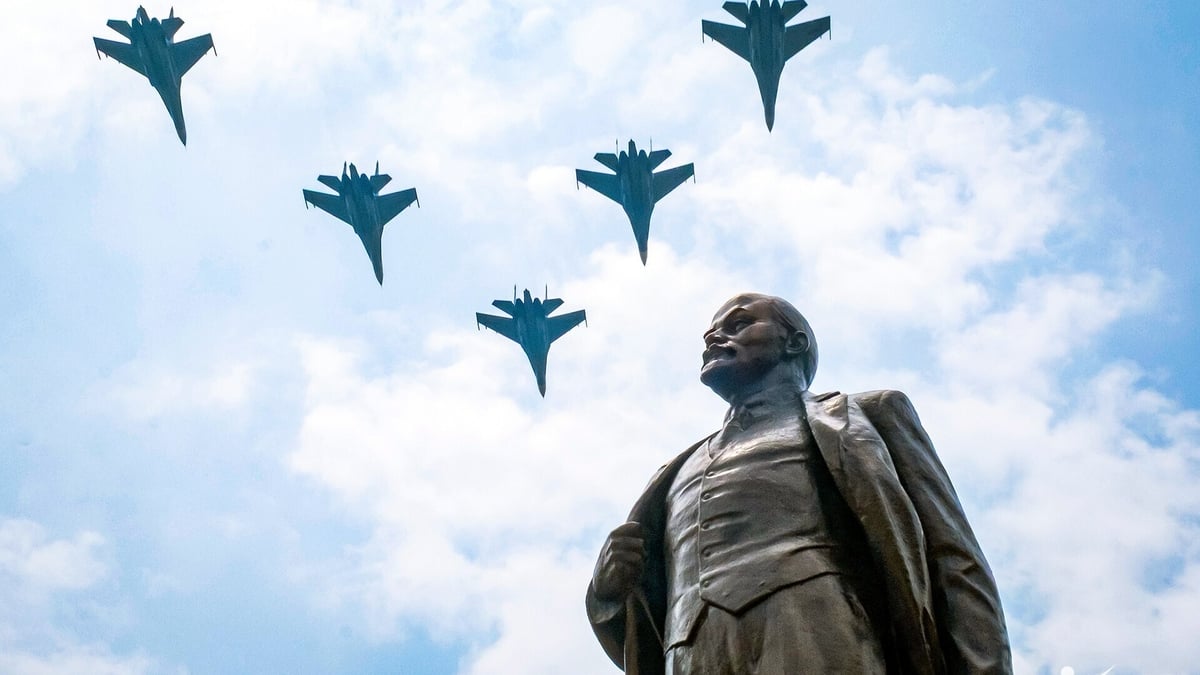
![[Photo] Prime Minister Pham Minh Chinh meets with Speaker of the New Zealand Parliament Gerry Brownlee](https://vphoto.vietnam.vn/thumb/1200x675/vietnam/resource/IMAGE/2025/8/28/cec2630220ec49efbb04030e664995db)
![[Photo] General Secretary To Lam presents the 45-year Party membership badge to comrade Phan Dinh Trac](https://vphoto.vietnam.vn/thumb/1200x675/vietnam/resource/IMAGE/2025/8/28/e2f08c400e504e38ac694bc6142ac331)
![[Photo] Politburo works with the Standing Committee of Cao Bang Provincial Party Committee and Hue City Party Committee](https://vphoto.vietnam.vn/thumb/1200x675/vietnam/resource/IMAGE/2025/8/28/fee8a847b1ff45188749eb0299c512b2)
![[Photo] Red flag with yellow star flutters in France on National Day September 2](https://vphoto.vietnam.vn/thumb/1200x675/vietnam/resource/IMAGE/2025/8/28/f6fc12215220488bb859230b86b9cc12)
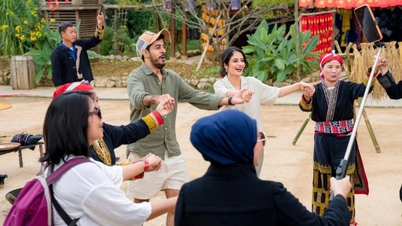

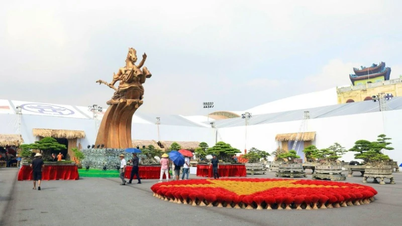


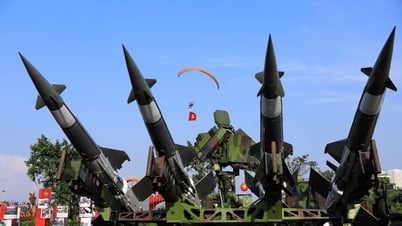

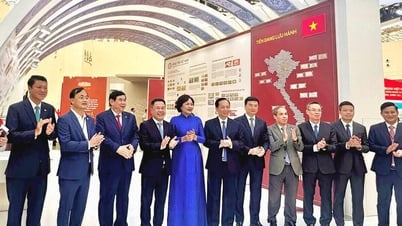

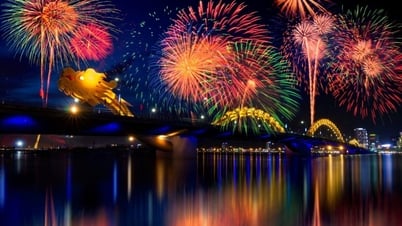






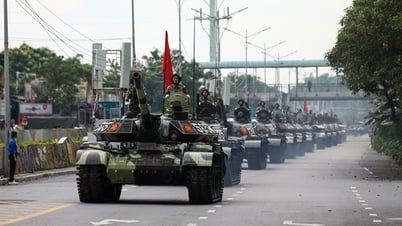
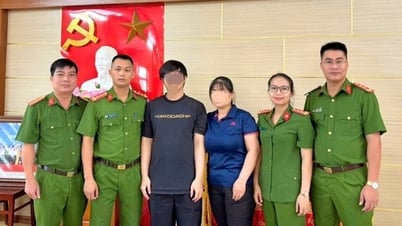
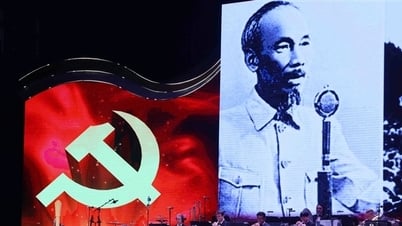
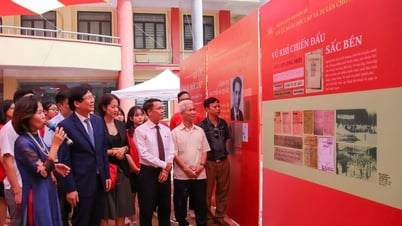





















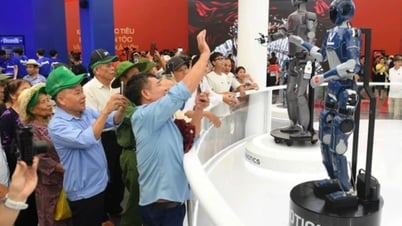

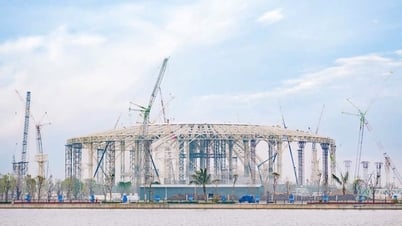










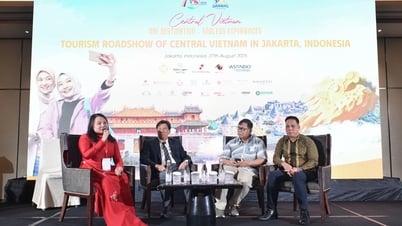

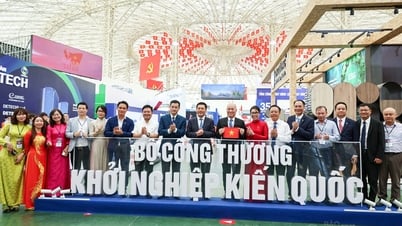



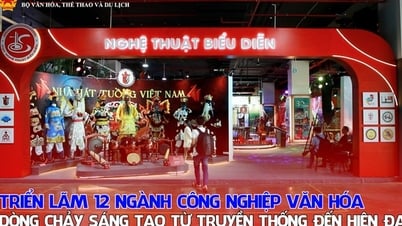
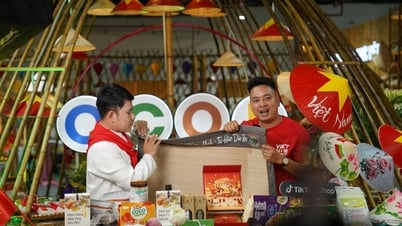
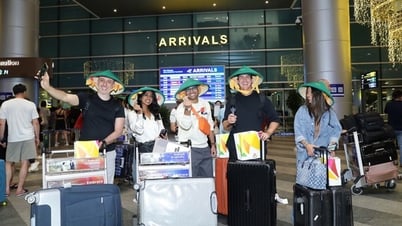
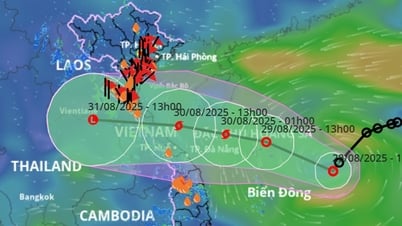

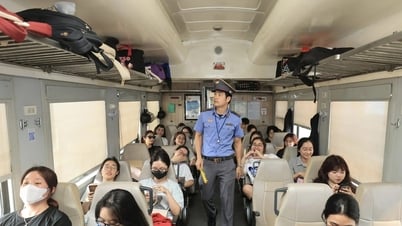



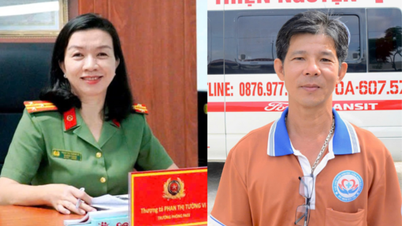

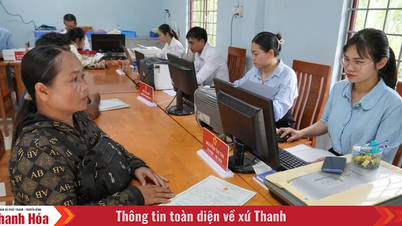













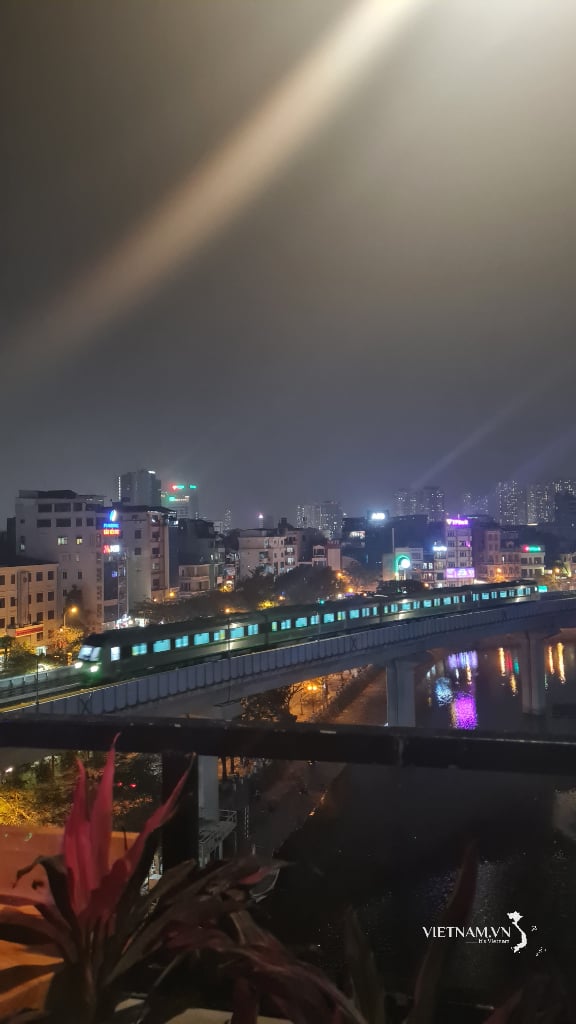

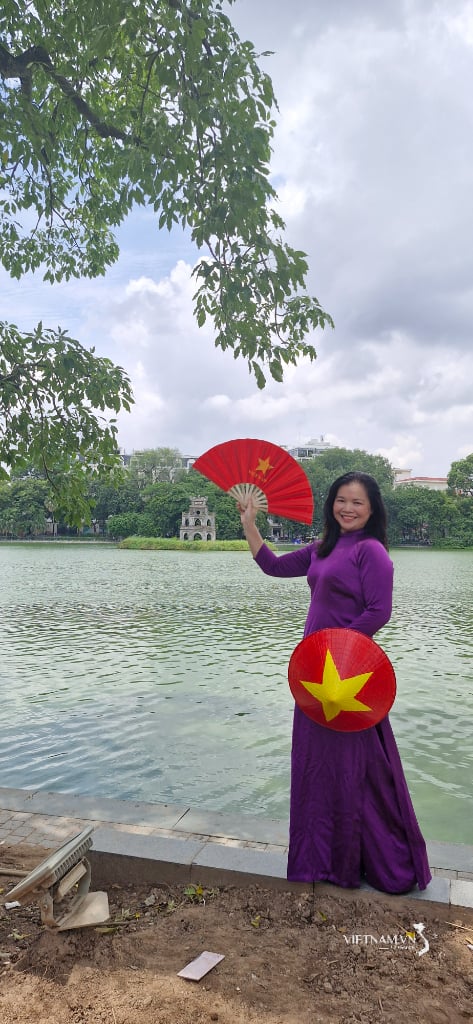

Comment (0)